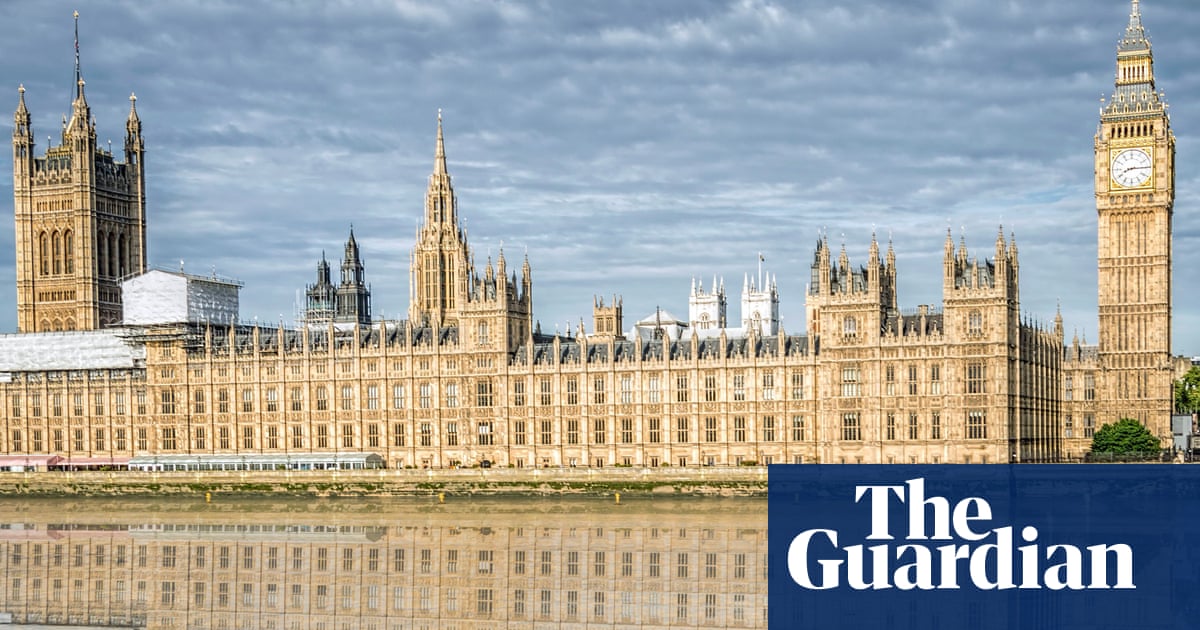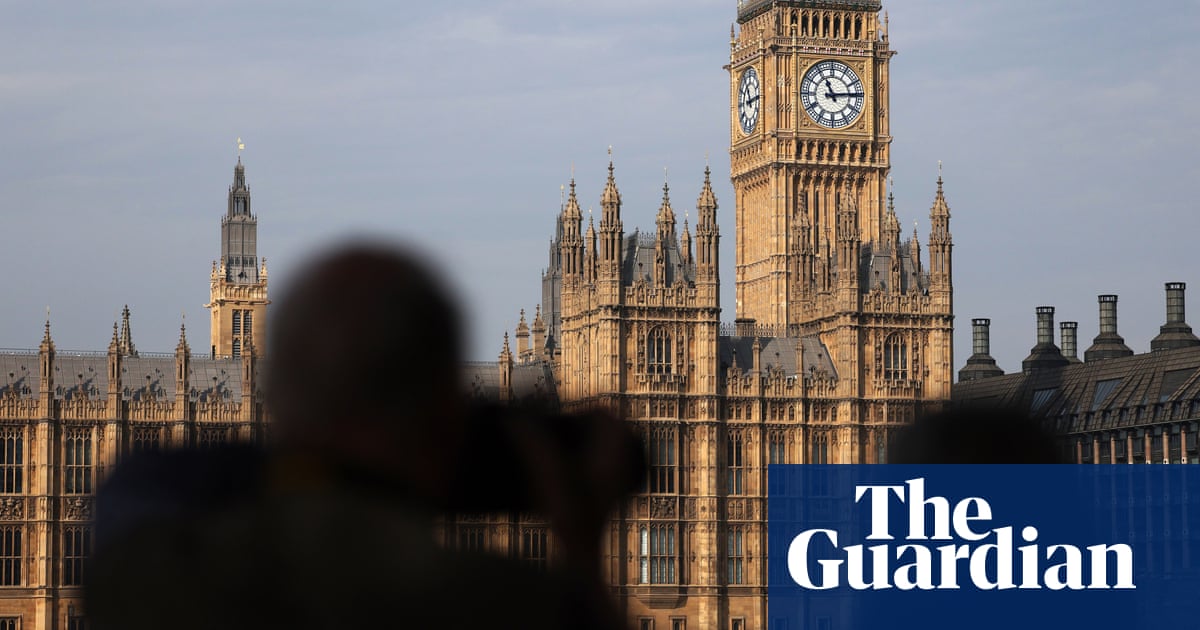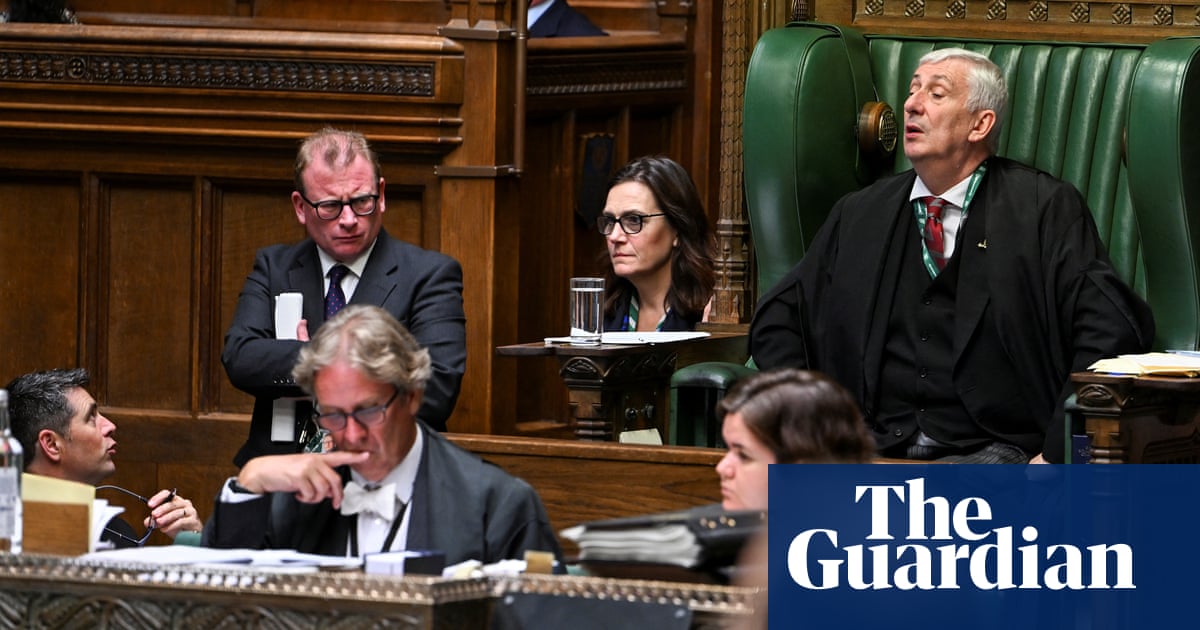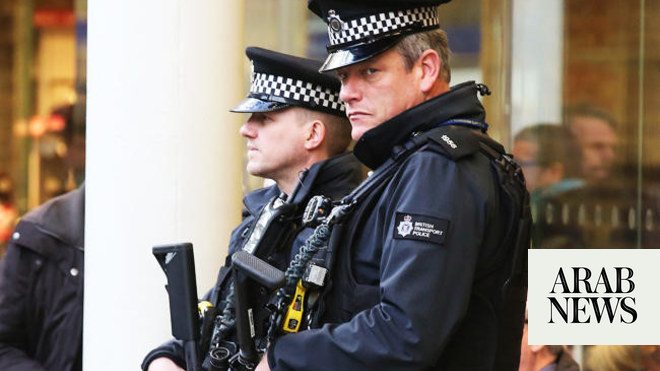
MPs have reacted with alarm after it emerged that a parliamentary researcher with links to senior Conservatives and potential access to sensitive information had been arrested over allegations of spying for China.
The man, who is in his 20s and was arrested in March along with another person, is known to have held a parliamentary pass, allowing him unescorted access to large parts of the Westminster estate.
MPs said there was a need to tighten up the procedures for such passes to be issued, with some expressing anger that the man had reportedly been able to work with a series of senior MPs, some of whom are now ministers, on foreign affairs issues, including relations with China.
“Parliament can be a bit like a sieve,” one MP with an interest in China policy said. “It’s still pretty easy to get sponsored for a pass, and there are all sorts of parliamentary groups which do it.”
At the end of his visit to the G20 summit in Delhi, Rishi Sunak personally challenged the Chinese premier, Li Qiang, over the allegations, first reported by the Sunday Times.
After the meeting, Sunak said: “I obviously can’t comment on the specifics of an ongoing investigation but with regard to my meeting with Premier Li, what I said very specifically is that I raised a range of different concerns that we have in areas of disagreement, and in particular, my very strong concerns about any interference in our parliamentary democracy, which is obviously unacceptable.”
The meeting had not been scheduled, but was confirmed on Sunday morning after news of the arrests broke. The issue was the first thing Sunak raised during their 20-minute encounter, to which Li responded that the two countries had “differences in opinion”.
Sunak, who was returning to the UK on Sunday, is likely to face calls for an urgent question in the Commons on Monday about the incident.
Some MPs have privately raised worries about the potential roles of Alicia Kearns, the Conservative MP who chairs the Commons foreign affairs committee, and Tom Tugendhat, the security minister.
Both have taken a strong interest in China-related matters and are heavily critical of Beijing. The alleged spy is understood to have had contact with both of them, albeit only briefly in the case of Tugendhat, before he became a minister.
Kearns declined to comment, adding: “While I recognise the public interest, we all have a duty to ensure any work of the authorities is not jeopardised.”
The revelations risk igniting a new row inside the Conservative party about the wisdom of normal ties with Beijing, after James Cleverly became the first foreign secretary in five years to visit China last month, meeting a series of senior Chinese government members.
While Cleverly argued it was not “credible” to disengage with the world’s second-largest economy – a view publicly endorsed by Sunak –before the foreign secretary’s visit a report from Kearns’s committee said the UK must tackle China more strongly on human rights abuses and help Taiwan deter a possible invasion.
Iain Duncan Smith, the former Conservative leader who has repeatedly urged a more sceptical approach towards Beijing, told Times Radio: “I think we are deeply penetrated by the Chinese because of our ambivalent attitude towards them. People like me get criticised because we make too much of this and then you see this happening.
“If you can penetrate parliament like this over such a long period of time, then how many other institutions with less [tight] levels of security are being penetrated on a daily basis?”
The man in his 20s was arrested on 13 March in Edinburgh, the Metropolitan police said, the same day as the other suspect, a man in his 30s, was detained in Oxfordshire. A search was made at a property in east London.
Both were held on suspicion of offences under section 1 of the Official Secrets Act, connected to alleged deeds “prejudicial to the safety or interests of the state”. They were bailed until early October.
A number of ministers and Conservative MPs have previously expressed alarm, some in private, over fears that their views on China have had them – and in some cases even their relatives – targeted by Beijing.
In July, the Commons intelligence and security committee said China was targeting Britain “prolifically and aggressively”. MPs on the committee also said the government did not have the “resources, expertise or knowledge” to tackle the threat.
In 2022, MI5 formally alterted MPs that Christine Lee, a prominent London-based solicitor, was believed to be involved in “political interference activities” on behalf of China’s ruling regime.
Lee, who donated nearly £600,000 to the office of Labour MP and former shadow cabinet member Barry Gardiner, rejected the claims, as did the Chinese embassy. She launched a legal action against MI5 in July, suing the agency for compensatory damages, arguing she was unable to work and travel as a result of the allegations.












